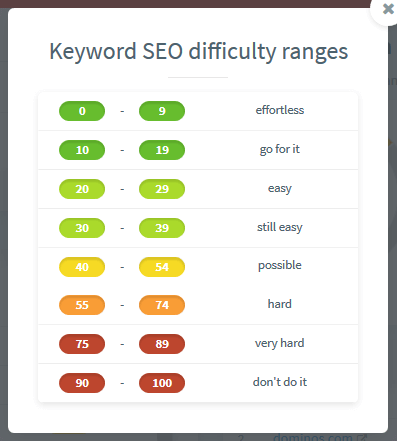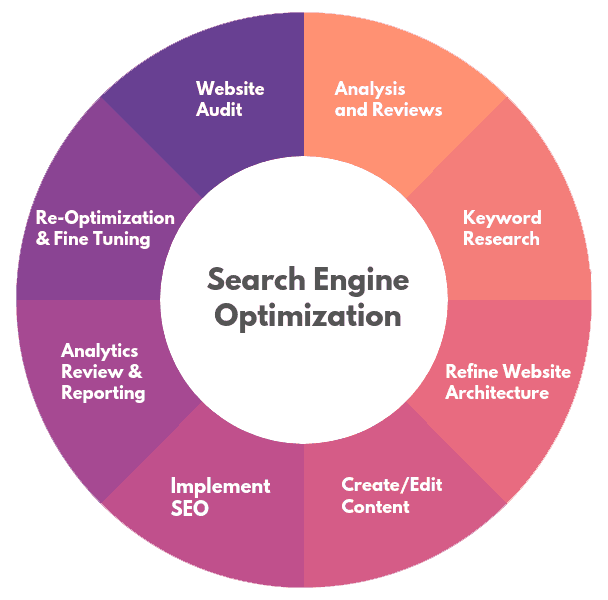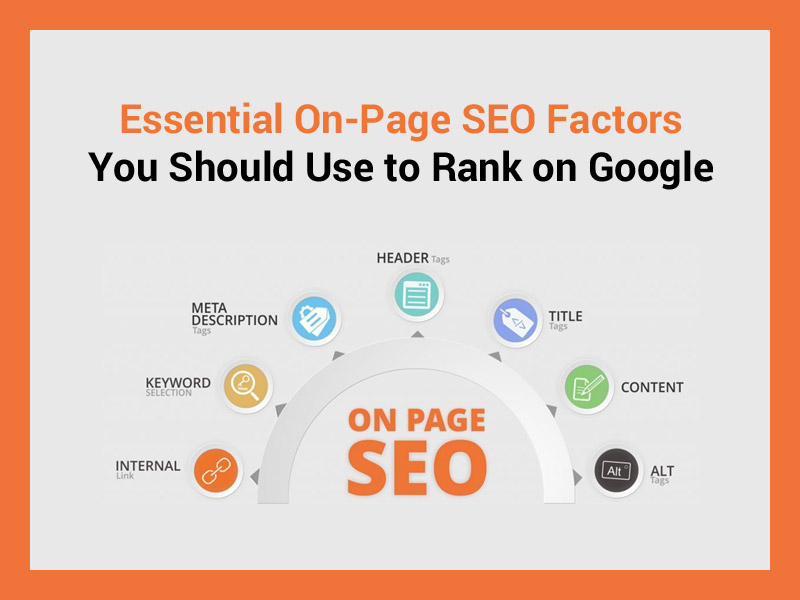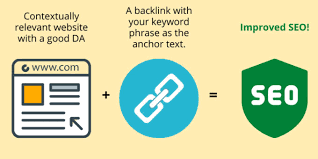Ranking at the top of search results takes time especially for businesses with no existing web presence. Website ranking depends on various factors such as keyword popularity, competition in the industry, domain age, content quality and so on. Google accounts for a staggering 92% of worldwide online searches and is the largest used search engine.
As per the Moz report, the first page of Google search result gets the most amount of traffic with 71.33% clicks. So, getting on the first page of Google means your website is 13 times more likely to be clicked than if it was on pages two or three.
With changing algorithms, you can no longer end up on the first page of a SERP by stuffing keywords on the webpage. Implementing SEO now includes many more factors that play a vital role in page ranking on SERPs. A good SEO strategy is built over time and cannot be faked or manipulated. In this post, we will look into details upon the factors impacting ranking on Google search results.
Page Contents:
How Google Search functions?
Google bots crawl billions of pages on the internet, collects information which is then added to the Google index. Google uses an algorithm to match user’s query to billions of webpages on the index. When users search for particular information on the web, pages are selected according to how well they match up the search query.
Factors impacting website ranking
Following factors play a vital role in the ranking process:
User metrics:
User metrics determine whether people visiting your site like it or not. Some of the basic user metric features are:
- Page views– Page views is calculated as the visit to the pages on the site. A higher number of page view signals Google that page is visited quite often and is therefore has higher ranking chances in SERPs.
- Total traffic– It is the total number of visitors on your site from all channels including organic, social, direct or referral.
- Bounce rate– It is the percentage of visitors who leave the site after viewing a single webpage. A higher site bounce rate implies that visitors are not finding your site useful or informative.
- Pages per session– It denotes the average number of pages viewed by a visitor in a single session. A website with higher pages per session signals higher client engagement leading to increased rankings.
- Scroll depth– It measures how far users are scrolling the webpage. A high scroll depth has a positive impact on site rank and visibility.
- Time on page/site-It is the amount of time a visitor spends on your website or webpage. A higher amount implies positive engagement leading to increase in ranking.
- Unique visitors-It counts the number of number of unique IP addresses that visitors are coming from. A higher number of this metric indicates the popularity of the website which increases its chances of ranking on SERPs.
Keyword Competition:
The higher the keyword competition, the more difficult it gets to rank at the top of the search results. If your site is new, it is advisable to target keywords with lower level of competition before moving to popular searches.
SEO-optimized site:
SEO-optimized sites includes optimization of titles, keywords, headings and Alt image text. Search engine optimization ensures that your website is visible and accessible to Google algorithms.
Domain age:
As a study conducted by Ahrefs, Google trusts webpages that are old and established. Hence, if you are targeting popular keywords, make sure that your webpages surpass the quality of other competitive websites in the niche. Websites that are old and trusted tend to rank much faster than new sites. New domains tend to rank after the six-month window as older websites are considered much more reliable and trustworthy than the domains recently setup.
Content quality:
If you want to obtain higher rankings, your goal should be to make the content as informative as possible. Make sure you post engaging, high-quality content on regular basis. Google bots looks for characteristics like how often new content is published, the content originality and overall quality of your blogposts.
Site design:
Google also considers factors such as mobile-responsiveness and page loading speed while ranking a site. As Google prioritizes user experience above everything, anything that negatively affects it also may result in negatively impacting the website ranking. Make sure there are not too many ads and avoid inserting more than one H1 tag on your posts. If your site provides great user experience, then it gets much easier to obtain higher rank on SERPs.
Links:
Backlinks are links directed towards your site. Google prioritizes websites that have good number of backlinks from trusted sources. Backlinks are considered as an endorsement to the site. The higher the number of links in the site, the higher is the chances of ranking at the search results.
Quick summary points to speed up your site ranking
Follow the tips below to improve website ranking and place it on the top of the Google search results:
- Keep improving your website’s user experience, make sure it is easy to navigate and has a faster page loading speed.
- Invest in best SEO practices
- Create relevant, engaging and high-quality content that helps the reader.
- Aim to rank for long-tail keywords
- Makes sure your website is mobile-friendly.
- Acquire good quality backlinks from trusted sites.
- Fix broken link issues, 404 errors, 301 redirects and inconsistent optimization
- Fix crawling, robot. Txt issues and other components related to website architecture and design
- Avoid all black hat link building techniques
- Promote content across major social media channels
As search engines algorithms are constantly expanding and evolving, there is no definitive answer to how long it takes to appear in Google search results. SEO is not a one-time strategy; it requires continual efforts that are well-planned and persistent.
SEO results can take anywhere from six months to a year to surface. Expect your rankings to steadily rise over the course of six months if you are launching a new website. Continue performing SEO tasks such as site optimization, link acquisition, and enhancing content quality, and your search rankings will quickly improve. The first efforts will be greater, but they will undoubtedly pay off in the long term.




